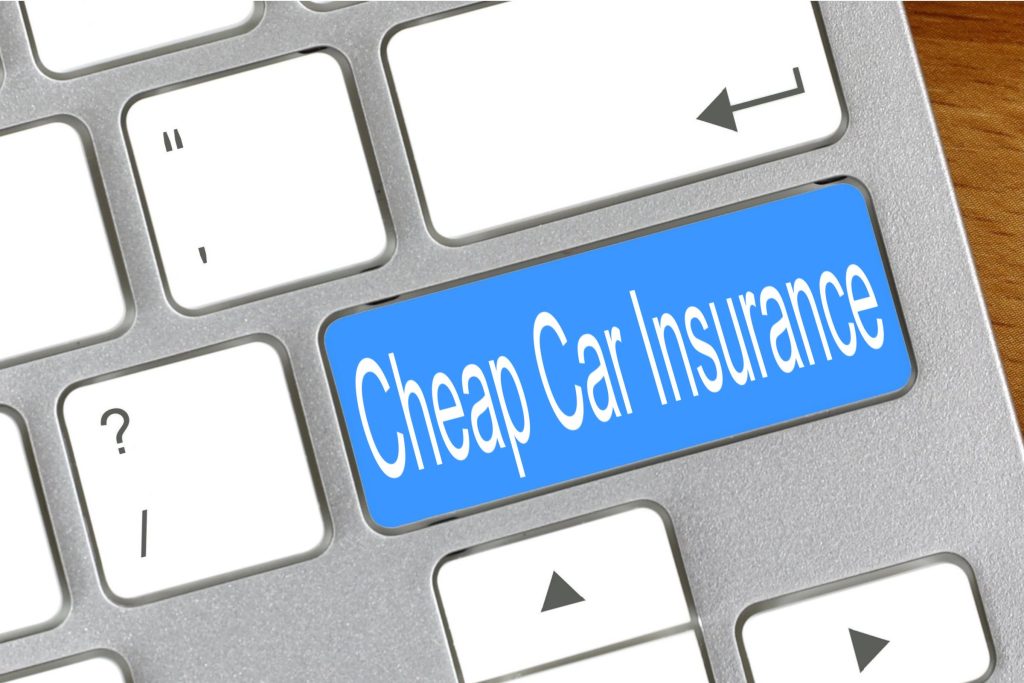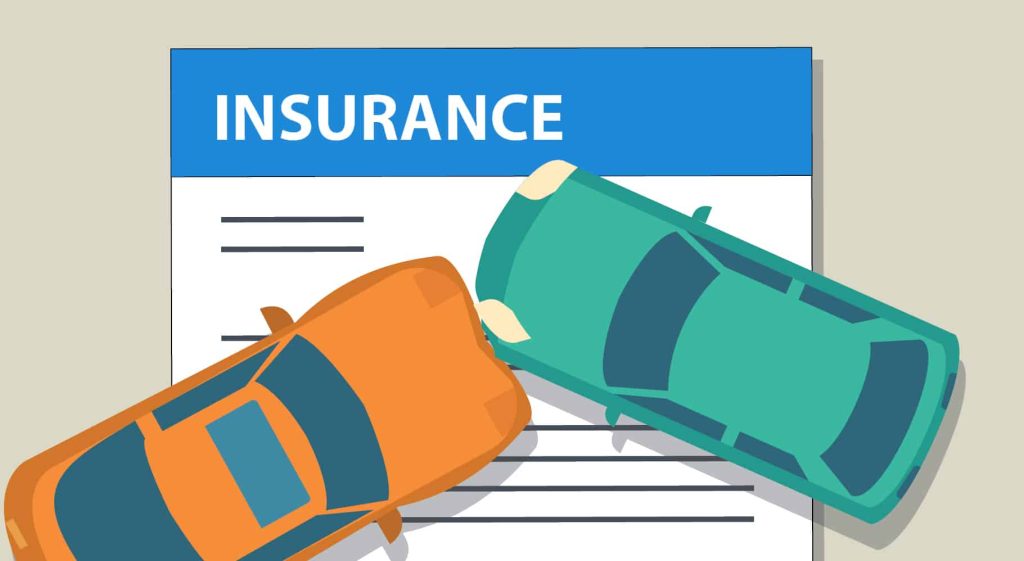Auto insurance is a necessary expense for vehicle owners, but finding ways to reduce your premium can be a game-changer for your budget. With various factors influencing insurance rates, it’s crucial to know how to navigate the process to secure the best possible discount. This guide will walk you through effective strategies for obtaining a discount auto insurance quote and help you make informed decisions to save money on your coverage.
Understanding Discount Auto Insurance Quote
A discount auto insurance quote is a reduced rate offered by insurance providers based on specific criteria or actions taken by the policyholder. Insurance companies evaluate multiple factors to determine your premium, including your driving history, the type of vehicle you drive, and even your credit score. Discounts are a way for insurers to reward safe driving, low mileage, and other risk-reducing behaviors. These discounts can be applied to your policy to lower your monthly or annual premium. The key is to understand what discounts are available and how to qualify for them, which can involve proactive steps like improving your driving habits or bundling multiple insurance policies.

Effective Strategies for Securing a Discount Auto Insurance Quote
- Compare Multiple QuotesThe first and most critical step in securing a discount auto insurance quote is to compare quotes from various insurance providers. Insurance rates can vary significantly between companies due to different underwriting criteria and discount structures. Online comparison tools can simplify this process by allowing you to enter your information once and receive quotes from multiple insurers. This not only helps you find the most competitive rates but also highlights differences in coverage options. It’s essential to compare both the price and the value of coverage to ensure you’re getting the best deal for your needs. Remember to check for both standard and unique discounts offered by each insurer.
- Take Advantage of Safe Driver DiscountsMaintaining a clean driving record is one of the simplest ways to qualify for discounts on your auto insurance. Insurers often offer reductions to drivers who have not been involved in accidents or received traffic tickets over a specified period. This is because a history of safe driving suggests a lower risk of future claims. Additionally, many insurance companies provide discounts for completing defensive driving courses, which can be beneficial even if you haven’t had any recent violations. These courses typically teach advanced driving techniques and traffic laws that can help prevent accidents, and many insurers recognize this effort with premium reductions.
- Bundle Insurance PoliciesBundling insurance policies is a popular way to lower your overall insurance costs. Insurance companies often offer significant discounts when you purchase multiple types of coverage from them. For example, you might receive a discount for combining your auto insurance with homeowners, renters, or life insurance policies. This is because insurers value customer loyalty and the reduced administrative costs of managing multiple policies. Bundling can also simplify your insurance management by consolidating your coverage under a single provider, making it easier to track payments and renewals. Be sure to compare the bundled rate with individual policy rates to ensure that bundling is truly cost-effective.
- Utilize Low Mileage DiscountsIf you drive fewer miles than the average driver, you might be eligible for a low mileage discount. Insurance companies often view low-mileage drivers as lower risk since less time on the road typically means fewer opportunities for accidents. To qualify, you may need to provide documentation of your annual mileage, which can often be tracked through your vehicle’s odometer or a mileage tracking app. Additionally, some insurers offer usage-based insurance programs that monitor your driving habits, rewarding low mileage and safe driving behaviors with further discounts. If your driving patterns change, be sure to notify your insurer to adjust your discount accordingly.
- Opt for a Higher DeductibleIncreasing your deductible is another effective strategy to lower your insurance premium. The deductible is the amount you must pay out of pocket before your insurance coverage kicks in. By opting for a higher deductible, you take on more financial responsibility in the event of a claim, which reduces the insurer’s risk and, consequently, your premium. However, it’s essential to ensure that you can afford the higher deductible amount if you need to make a claim. Evaluate your financial situation and choose a deductible that balances your ability to pay with the potential savings on your premium.
- Maintain Good CreditYour credit score can significantly impact your insurance premiums. Many insurers use credit information to assess risk, with higher credit scores often leading to lower premiums. This is because individuals with good credit are generally perceived as more responsible and less likely to file claims. To improve your credit score, focus on paying bills on time, reducing debt, and avoiding new credit inquiries. Regularly check your credit report for errors and take steps to correct any inaccuracies. By maintaining good credit, you can improve your chances of securing a lower insurance premium.
- Explore Vehicle-Specific DiscountsThe type and model of your vehicle can affect your insurance rates. Vehicles equipped with advanced safety features, such as anti-lock brakes, airbags, and automatic emergency braking, often qualify for discounts because they reduce the likelihood of severe accidents. Additionally, cars with anti-theft devices or those that are less expensive to repair can also lead to lower premiums. When shopping for a new vehicle, research insurance costs and available discounts for different models to find one that not only suits your needs but also helps you save on insurance.
- Leverage Student and Good Driver DiscountsFor students, good academic performance can lead to insurance discounts. Many insurers offer reductions for students who maintain a high GPA, as it is believed that responsible students are also responsible drivers. Similarly, young drivers who complete driver education courses or demonstrate good driving habits can benefit from discounts. Parents of teen drivers should inquire about these discounts, as they can help mitigate the higher insurance costs typically associated with insuring young drivers.
- Ask About Affinity and Membership DiscountsSome insurers offer discounts to members of specific organizations, clubs, or professional groups. If you belong to an association, union, or other group, check with your insurer to see if you qualify for any additional savings. These affinity discounts are often available through affiliations with professional organizations, alumni associations, or other membership groups. Even if you are not currently a member, joining a qualifying organization could provide access to these valuable discounts.
- Review and Update Your Policy RegularlyYour insurance needs and eligibility for discounts can change over time, so it’s important to review and update your policy regularly. Significant life events, such as moving to a new location, purchasing a new vehicle, or changes in your driving habits, can all impact your premium. By regularly reviewing your policy and discussing any changes with your insurer, you can ensure that you are taking advantage of all available discounts and that your coverage remains appropriate for your current situation. This proactive approach helps you stay informed about potential savings and make adjustments as needed.
Additional Tips for Securing a Discount
- Ask Directly: When seeking a discount, don’t hesitate to ask insurance agents directly about available options. Agents are often aware of discounts and programs that may not be advertised and can provide valuable insights into qualifying criteria. By being proactive and asking specific questions, you can uncover additional savings opportunities that might otherwise be overlooked.
- Stay Informed: The insurance industry is constantly evolving, with new discounts and programs frequently introduced. Staying informed about changes in the market and new discount offerings can help you take advantage of the latest savings opportunities. Regularly checking with your insurer or reviewing industry news can provide insights into new ways to reduce your premium.
- Consider Usage-Based Insurance: Usage-based insurance programs track your driving habits, such as speed, braking, and mileage, to determine your premium. These programs can offer substantial discounts for safe driving behavior and low mileage. If you’re a cautious driver or drive less frequently, usage-based insurance could provide significant savings.
Conclusion
Securing a discount auto insurance quote involves a proactive approach to understanding and leveraging available discounts. By comparing quotes, maintaining a clean driving record, bundling policies, and exploring vehicle-specific discounts, you can significantly reduce your insurance costs. Regularly reviewing your policy and staying informed about new discounts and programs will help you keep your premiums as low as possible while ensuring you have adequate coverage. Taking these steps not only saves you money but also helps you make the most out of your auto insurance.






